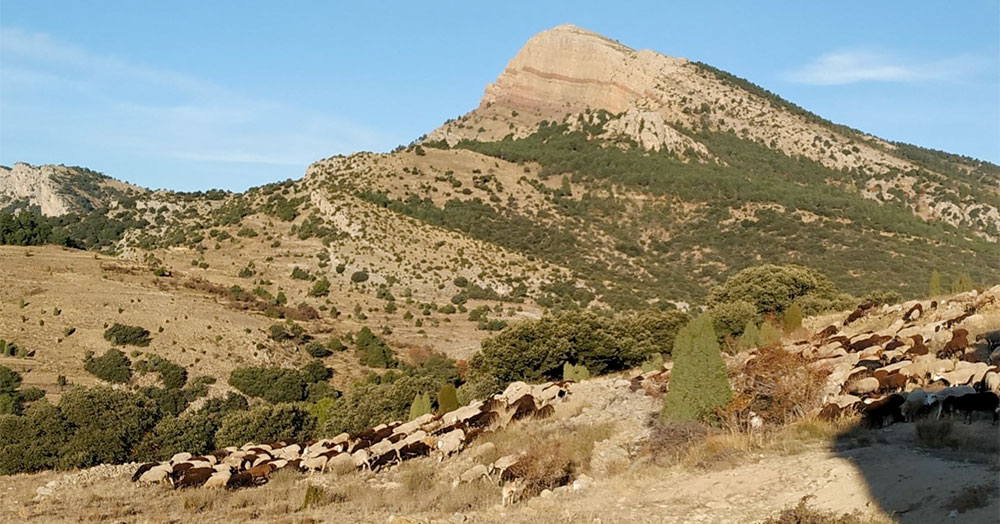Objectives
Pastoral systems conservation is a major goal in EU policy since they represent biodiversity hot spots, cultural heritages, essential elements of European landscapes of high aesthetic value, and of high potential to sustain high-value farming. Its conservation can be achieved only by a high level of knowledge related to a multidisciplinary approach to the governance system, based on information related to grassland ecology and dynamics; conservation strategies, based on habitats, birds and landscape EU Directives and defined by a bottom-up process involving local stakeholders; farming sustainability that accommodates grazing planning, reduction of conflicts with wildlife, domestic animal welfare improvement, climate change adaptations, products marketing; and innovation, like precision agriculture and technologies that deals with climate change adaptation.

The project promotes the integration in HE curricula of an innovative and sustainable method for teaching & learning the sustainable management of pastoral systems, based on multidisciplinary and multi-stakeholder laboratories, that bridges scientific and traditional knowledge, for defining shared solutions in a real-life setting. The real-world training of students with local actors is the strong point of the proposal, not only to define management principles, but also to produce open educational contents to form new researchers and professionals able to approach in a multidisciplinary way the sustainable management of the pastoral systems.
Entrepreneurs, ecologists, economists, agronomists and experts in grassland management are more and more often required to handle complex, intertwined issues being able to mediate among different interests and effectively communicate choices and solutions to herders, farmers, managers, technicians, local administrators and the wider public. This interplay is a unique, real-life experience for students that gain knowledge in the field.
Bringing planning practices out of the studio and putting students in contact with concrete societal problems and challenges is considered by the Consortium to be highly relevant to the improvement of the job market. Moreover, the achievement of these multidisciplinary skills represents an important goal to support the mountain inhabitants avoiding abandonment and loss of mountain cultural heritage. Thus, we need to form new professionals able to approach in a multidisciplinary way the sustainable management of the pastoral system and to use innovative technologies.
The production of guidelines for the involvement and training of local stakeholders in grasslands management, monitoring and preservation, will allow defining strategies to enhance their skills using a bottom-up approach, but also to use their practical knowledge in HE teaching programmes. By carrying out the Grassland Management Workshops, the project intends to promote the diffusion in the Universities of an innovative, highly stimulating learning environment, using trans-disciplinary cooperation to more effectively transfer the knowledge and competences required to students.
The Grassland Management Intensive Course will result in a variety of educational materials that the Consortium intends to make freely available for the replication of the experience and the wide dissemination of the methodologies applied during the project. Therefore, the project will transform such materials in Open Educational Resources and organize them in a modular course focusing on the project themes and approach that will be uploaded on each institution’s dedicated e-learning platform.